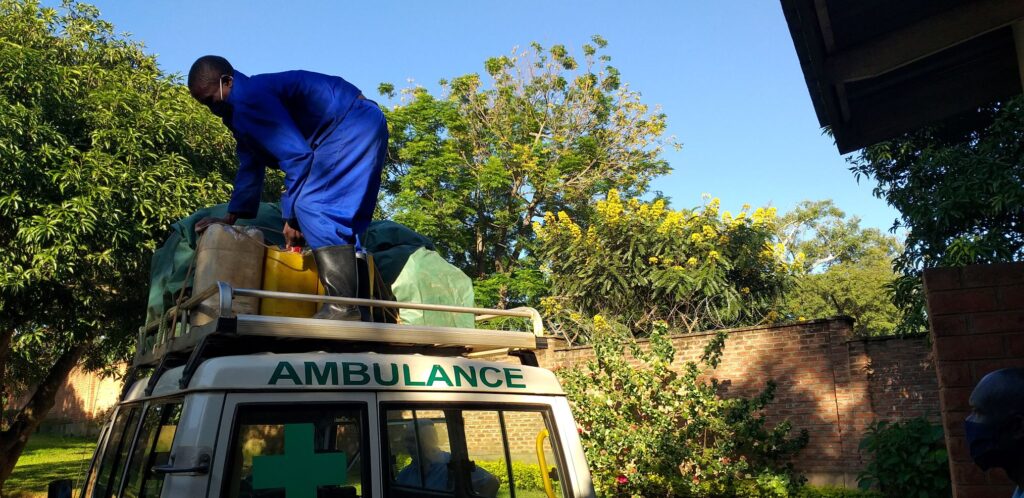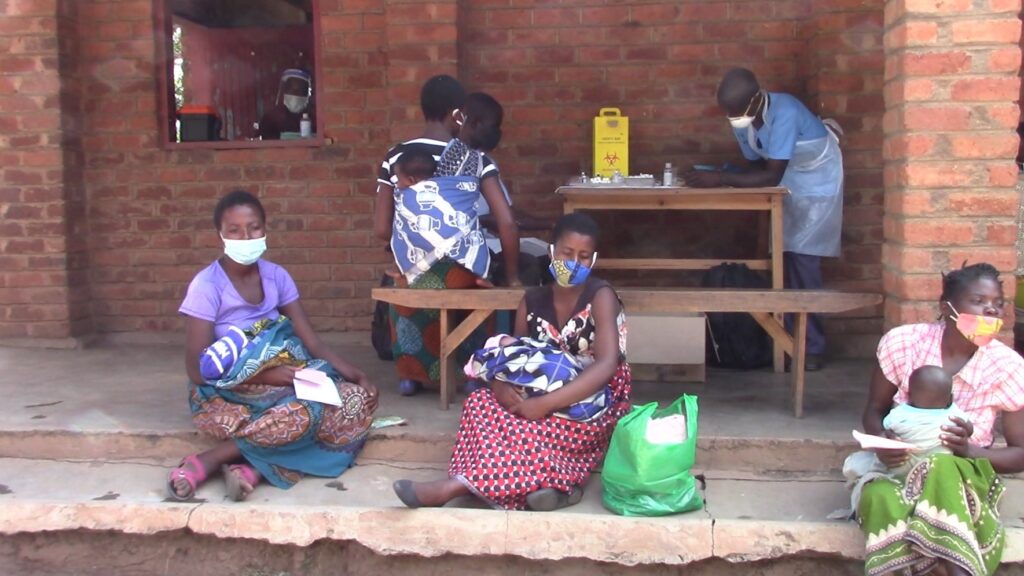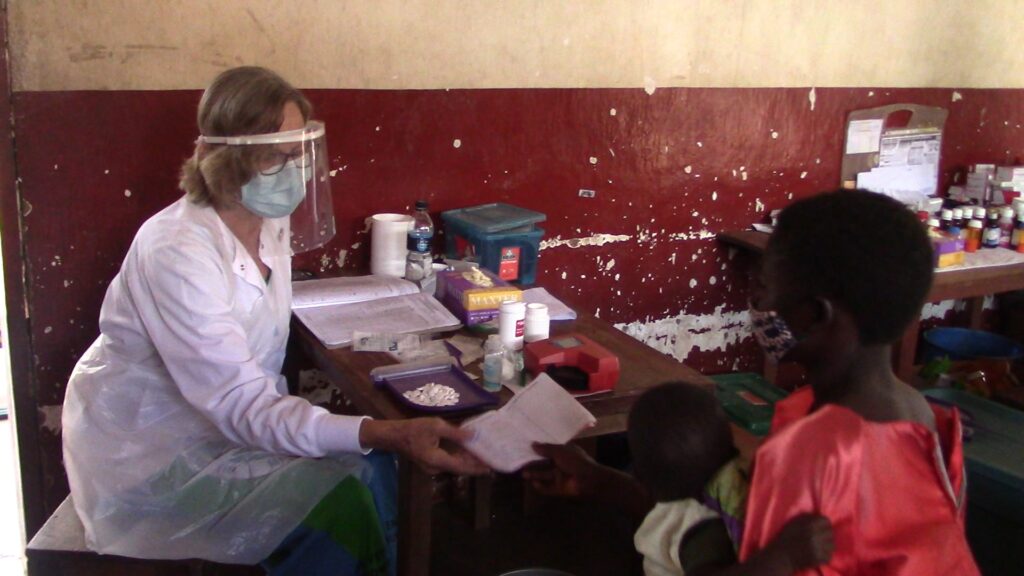Mission of Mercy
Before COVID, scheduling a doctor’s appointment was a relatively easy task to accomplish for most Americans. In fact, you could see a “doc in the box” at a local walk-in clinic without an appointment if needed. The global pandemic has stressed health care networks all over the world to the breaking point and has exposed systemic weaknesses and failures. And yet in spite of the enormous death toll in the United States and other developed countries, health care systems more or less remain intact.
In developing countries like Malawi, the health care system is a patchwork of government-run hospitals and private health clinics that has always struggled to meet the medical needs of its citizenry. While this country has not seen the number of coronavirus-related fatalities as the United States, HIV/AIDS, tuberculosis, diarrheal diseases, and malaria are among the top preventable causes of death here (source: https://www.cdc.gov/globalhealth/countries/malawi/default.htm). There simply aren’t enough medicines, medical workers or hospital beds to meet the country’s needs.
Last week I had the privilege of accompanying the American Nurse in Charge Beth Evans and her husband Gary on a visit to the Central Africa Medical Mission (CAMM) clinic site in the village of Thunga, which they visit twice a month.

The day begins early. When I arrived at the Evanses home at 7:00 a.m. staff workers were in the process of loading medical supplies and water onto the top of the clinic ambulance, a Toyota Landcruiser. Although we are entering the dry season, the sturdy vehicle’s high road clearance and four wheel drive are a must for negotiating the deeply rutted dirt roads that lead from the main highway to the village. It takes about an hour and half to make the drive, barring mechanical failures or political demonstrations along the way.
Upon arrival at the clinic building, we saw a large crowd of patients already gathered outside the walls. Since there are no other nearby health facilities, some of these people had walked upwards of 10 km to receive treatment. As the clinic staff unloaded the Landcruiser, a lay leader from the Lutheran congregation in Thunga led a brief devotion and prayer. Then, the people began to form lines according to the kind of treatment they desired: antenatal, children under five years old, malaria testing, acute medical problems, and family planning. In order to maintain social distancing and limit the spread of coronavirus, a courtyard enclosed by walls made of woven reeds has been created. Staff workers limit the number of patients who are allowed to enter the clinic at any given time.

The Malawian national medical staff handle the majority of the workload. The American Nurse in Charge sees some patients as well, but her main responsibility is to oversee the clinic operations. CAMM recently announced its intentions to nationalize the program in Malawi by promoting clinic worker Violet Chikwatu to the position of Nurse in Charge. This change will take place sometime in 2022. The CAMM website has posted a FAQ page about these plans here: https://www.camm.us/faq

CAMM’s footprint in Malawi may be small, but to the people of Thunga the clinic is a crucial link to a healthy and productive life. We thank God that for 50 years, CAMM has been providing care for body and soul to the people of Malawi. We also thank the generous donors and the many stateside volunteers who have supported this mission of mercy for half a century. May God continue to use his servants for his glory!
Missionary John Roebke lives in Malawi and is the Communications Director for One Africa Team.
To learn more about CAMM’s work in Malawi and Zambia visit https://www.camm.us/home